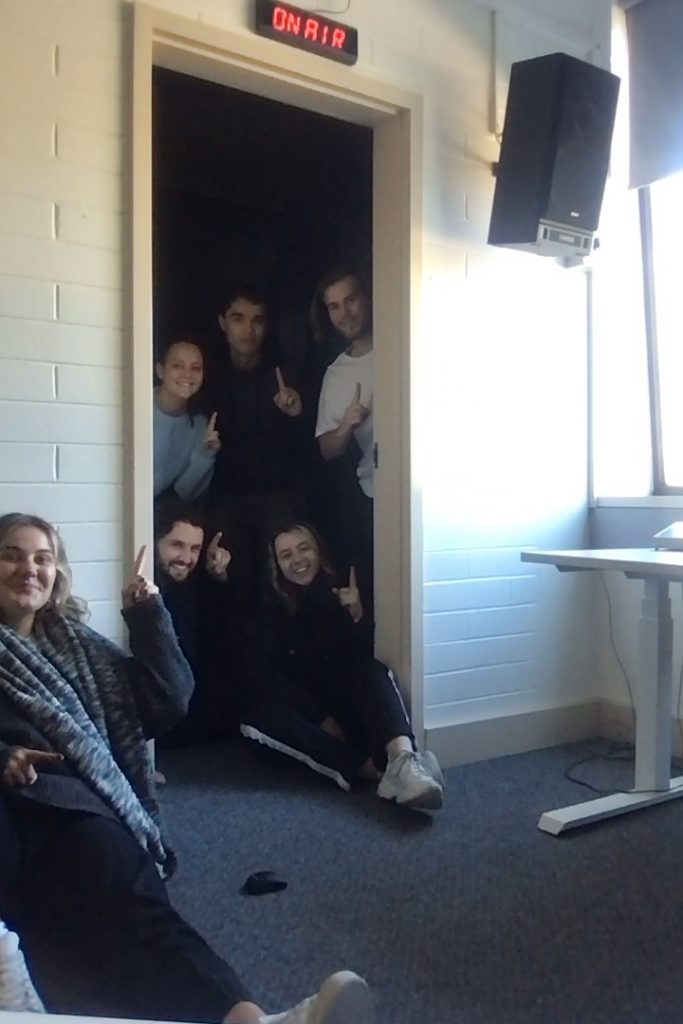Controversy around medical students’ selection
By NATALYA YESKINA
ACADEMIC performance is not a strong enough indicator as to whether a student would become a good doctor, according to Professor Brian Kelly of Newcastle Medical School.
Medical schools had a responsibility to produce trained doctors that met community expectations and academic performance alike, he said.
Most medical schools use Undergraduate Medicine and Health Science Admission Test (UMAT) and interviews for the selection of students.
The medical school at the University of Queensland (UQ) has excluded interviews from the selection process and now might abandon UMAT test according to The Australian online (04/04/2011).
A recent study of UQ published in the Medical Journal of Australia showed that UMAT is unreliable to predict academic performance at university.
Professor David Wilkinson and co-authors examined 339 students at UQ between 2005 and 2009. The research showed only “weak correlation” between UMAT results and the Grade Point Average (GPA) program.
However, Professor Kelly said that the study of UQ could not be conclusive and a bigger sample was needed.
“The research by the UQ is interesting, but the authors themselves acknowledged some of the limitations of that work,” he said. “It will be much more interesting … to look at the students’ performance in different domains.”
UMAT focuses on logical reasoning, problem solving abilities, an understanding of people and non-verbal reasoning skills of applicants.
It was developed to help universities with the selection process and not necessarily to predict achievement, the Australian Council for Education Research (ACER) February 2010 higher education update says.
A Professor of Medical Education from the University of Western Sydney, Ian Wilson, says that UMAT helps to separate applicants who have aptitude for doing medicine from those who don’t.
The UMAT prediction “is going to vary significantly from school to school, because of the different ways the courses put together and different focus of education,” he said.
Professor Kelly who is in charge of the admission process at Newcastle University said, “The UQ . . . goes back to relying much more on academic performance.
“It will be interesting over the time to compare different universities and outcomes to see which approach might be working the best.”
However, he says that there is a lot of research that supports keeping interviews and Newcastle University continue to use them.
“It gives us better understanding of skills and attributes of our applicants,” he said. “It is important for us to have a selection process that goes beyond academic performance alone.”
A UMAT consortium is going to conduct new research headed by Monash University and University of Queensland in collaboration with the ACER to assess the knowledge of the students and whether they capable to work as doctors.
According to ACER’s higher education update 2011, Australian Medical Assessment Collaboration (AMAC) project will start early 2011.



Be the first to comment!